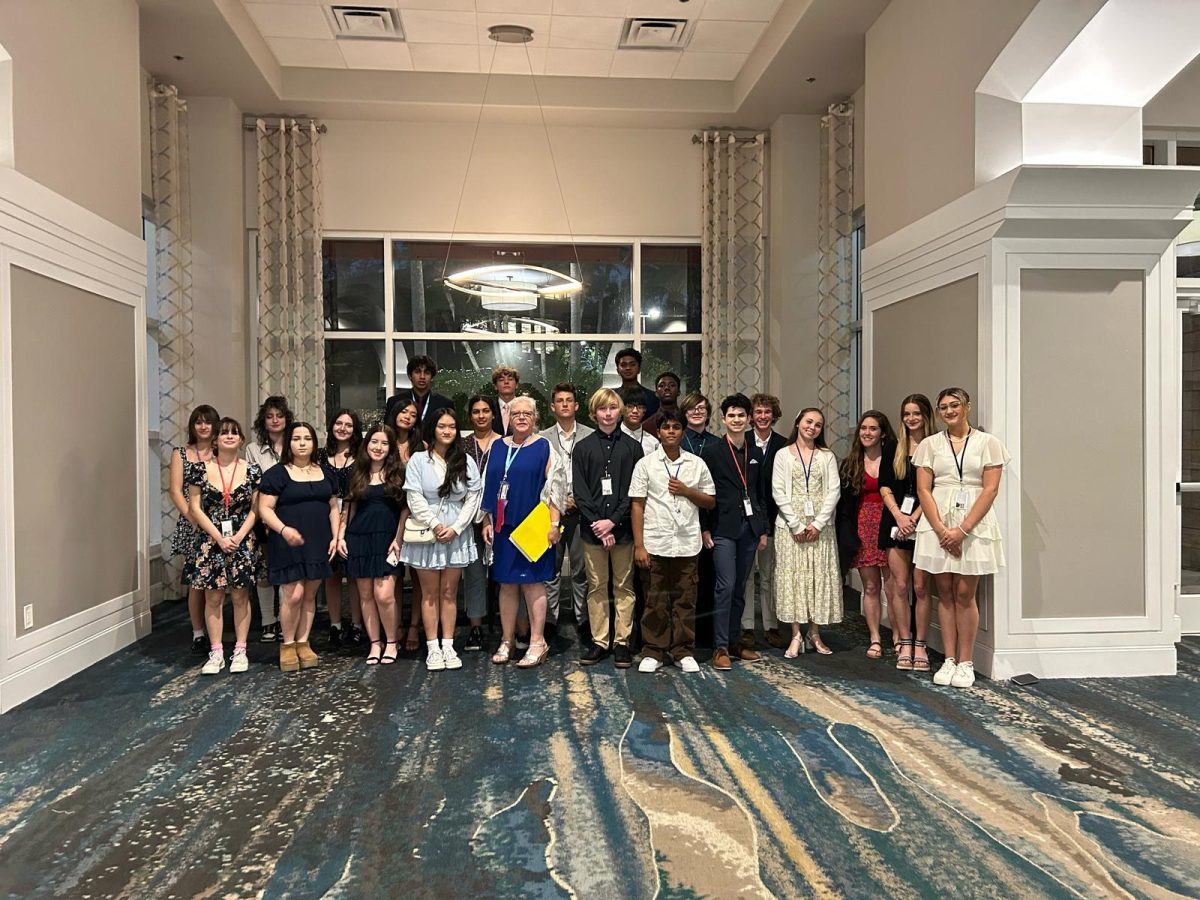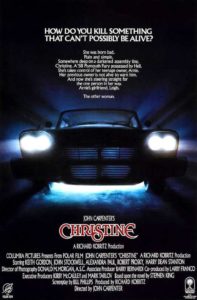The grass is greener when it’s young, right?
March 20, 2018
I threw myself into my car after another long shift at work. My radio, set to 97.1 as usual, came blasting through the speakers with the turn of the key.
“It’s crazy that so many teenagers claim to be going through a quarter-life crisis,” the radio personnel said. “Come on now. What? You couldn’t find the right emoji to use?”
We all know what a mid-life crisis is, but the term “quarter-life crisis” was one I was unfamiliar with–one I didn’t even know existed.
And yet, I got defensive, as I sat alone in my car, yelling at the voice on the radio.
Of course, the eight hour shift didn’t set me up for such a pleasant, understanding mood, either. Regardless, I found myself arguing aloud with no one there to listen.
According to an article published by the Harvard Business Review, early signs of a mid-life crisis are likely to occur in an adult’s early 30s and may continue into their next two decades of life as they start to believe that their life wasn’t as spontaneous, successful, or story-worthy as they had set out to make it.
And then there’s the fact that they’re “running out of time”.
The worst part is, most of these adults have made some sort of impact and are selling themselves short.
So, I can see why adults could have a hard time comprehending a “quarter-life crisis”, because all they see in the kids is time left to live.
But, if you want to choose that argument, fine.
As a senior in high school, I can rightfully say that I do feel like I’m “running out of time”, at least in my youth. I’ve applied to college already, so the decisions have been made. I can’t get a re-do if I don’t get in.
The clock is ticking on my adolescence. Sound irrational? Maybe it is. But so is a mid-life crisis.
But let’s dig a little deeper.
“Crisis” is a relative term. After all, one’s trash is another’s treasure, so let’s keep that in mind.
The struggles that young adults face, whether they be 16-year-olds or 26-year-olds, aren’t to be belittled simply because they “lack experience”. Pain is pain. Stress is stress. Ridiculing a teenager for how they feel, from the outside looking in, is unacceptable.
But, why could a kid be upset, right? After all, they don’t pay bills or raise families.
Oh, but some do.
We aren’t running around the city with a blunt and a “who cares” attitude. In fact, we are often questioning what the adults are doing in the world; who’s in office and who’s electing them to be in office, what laws are being made and what laws aren’t being made, and regulating what we are and aren’t allowed to do.
But this is what society has turned into–this is what society has turned us, the kids, into. We are the bad guys.
Teenagers, despite lack of credit, are the backbone to a functioning society. They have working minds, they have fresh ideas, and they have voices.
Adults generally see kids as Ferris Buelers: good-for-nothing kids that are solely focused on breaking the rules.
But speaking up clearly won’t make a difference.
So, maybe I’ll just leave a frowning emoji.
And I’ll take the term “quarter-life crisis”, thank you very much. Because you kids in the offices and running the businesses are giving me a headache.











Jon • Mar 20, 2018 at 10:37 pm
I really enjoyed this read good job Anna